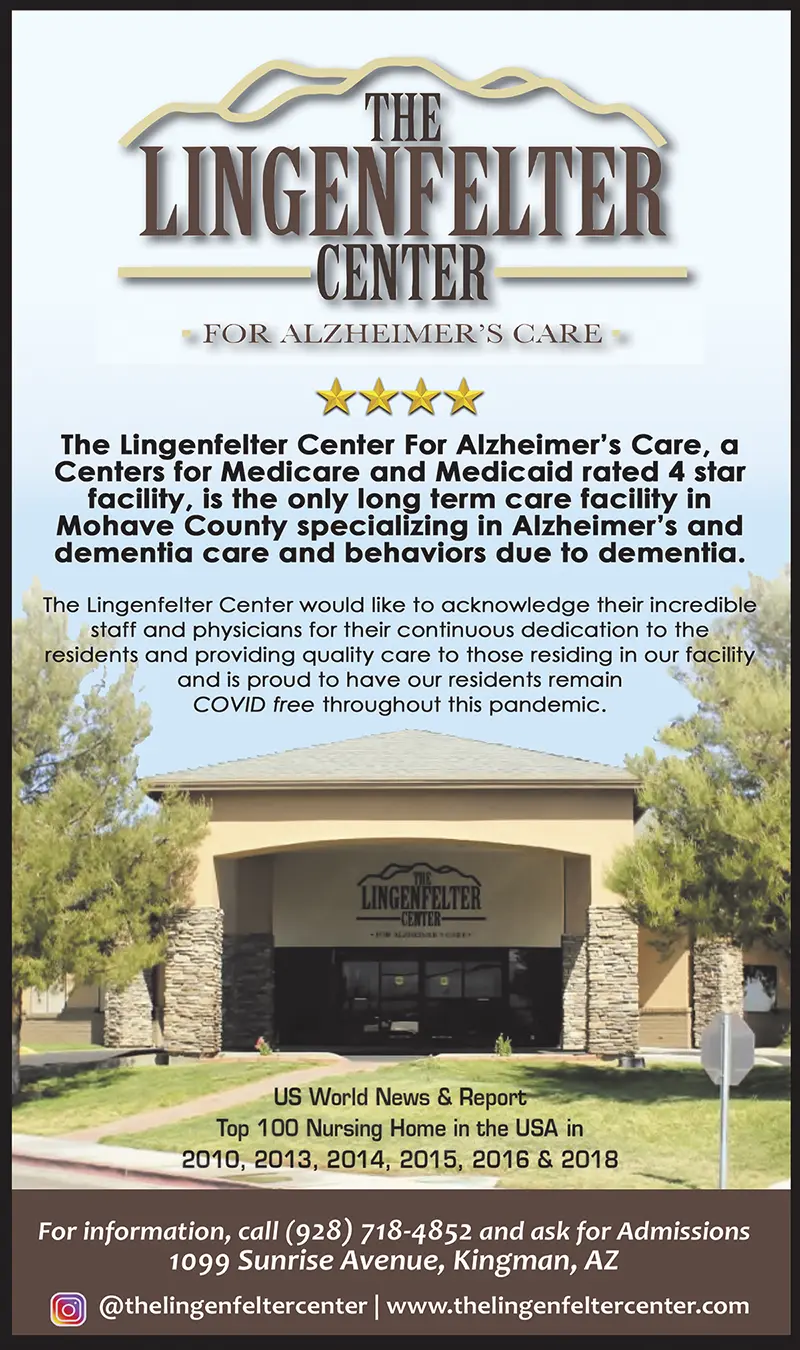ARIZONA – In a significant move to combat the devastating opioid crisis, Arizona Attorney General Kris Mayes announced a $1.37 billion settlement with Kroger Co., one of the nation’s largest grocery and pharmacy chains. The settlement addresses allegations that Kroger contributed to the epidemic by failing to properly oversee the dispensing of prescription opioids at its pharmacies.
Arizona is set to receive up to $68.5 million from this agreement, with payments expected to begin early next year. These funds will be dedicated exclusively to opioid remediation efforts within the state, supporting addiction treatment, prevention programs, and recovery services.
“Today’s settlement with Kroger is another step forward in Arizona’s efforts to combat the opioid crisis,” said Attorney General Mayes. “My office will continue to do everything possible to hold accountable those responsible for this crisis—and we will continue to fight to protect Arizona families from the devastating impacts of opioid addiction.”
The opioid epidemic has profoundly affected communities across Arizona. According to the Arizona Department of Health Services, over 1,900 residents died from opioid-related overdoses in 2022 alone. The crisis has strained healthcare systems, overwhelmed first responders, and left countless families grappling with addiction and loss.
Attorney General Mayes has been proactive in addressing the epidemic, pursuing legal action against various entities involved in the manufacturing, distribution, and dispensing of opioids. The settlement with Kroger represents a significant victory in these efforts, ensuring substantial funds will support comprehensive strategies aimed at reducing opioid misuse and its tragic consequences.
Under the terms of the agreement, Kroger will pay $1.372 billion over an 11-year period. Arizona’s share of up to $68.5 million will be allocated to programs that address treatment, prevention, and recovery.
In addition to the financial component, Kroger has agreed to implement significant changes to its business practices:
Enhanced Monitoring and Reporting: Kroger will strengthen its Controlled Substance Compliance Program to ensure robust monitoring of opioid prescriptions. This includes identifying and reporting suspicious orders to prevent diversion and misuse.
Data Sharing: The company is required to share opioid dispensing data with state authorities, aiding efforts to track prescribing patterns and identify potential issues.
Employee Training: Pharmacists and pharmacy staff will receive enhanced training on opioid dispensing guidelines, emphasizing compliance with regulations designed to prevent abuse.
These measures aim to prevent future misconduct and ensure that Kroger’s pharmacies do not contribute to the oversupply of opioids.
Operating under banners such as Fry’s Food and Drug and Smith’s Food and Drug, Kroger has a significant presence in Arizona. The settlement underscores the critical role retail pharmacies play in controlling the distribution of controlled substances and highlights the need for vigilance to prevent the diversion of opioids into illicit channels.
While Kroger has not admitted wrongdoing as part of the settlement, the company’s agreement to both financial penalties and injunctive relief demonstrates a commitment to being part of the solution.
The $68.5 million allocated to Arizona will support a wide range of opioid remediation efforts. Funds will be directed toward expanding access to treatment for individuals struggling with addiction, including support for medication-assisted treatment programs and recovery support networks.
Preventing opioid misuse before it starts is a critical component of the state’s strategy. Funds will support educational programs in schools and communities, raising awareness about the risks associated with opioid use and promoting safe pain management practices.
First responders, who are on the front lines of the crisis, will receive essential resources, including naloxone kits used to reverse overdoses. Training programs will ensure emergency personnel are equipped to respond effectively.
Recognizing the link between mental health and substance use disorders, the funds will also bolster mental health services, expanding access to counseling and support groups that address co-occurring conditions contributing to addiction.
Local governments and organizations, especially in rural and underserved communities, stand to benefit significantly. The influx of funds will support the development of new programs and the expansion of existing services where resources have been particularly scarce.
Attorney General Mayes emphasized the importance of holding corporations accountable for their roles in the opioid epidemic.
“Today’s agreement sends a clear message that we will not tolerate practices that put Arizonans at risk,” she stated. “By securing this settlement, we are taking decisive action to ensure that companies like Kroger are part of the solution, not the problem.”
Mayes highlighted that the funds secured through the settlement would have a direct impact on communities, supporting programs that save lives and promote recovery.called for a comprehensive approach that includes enforcement, prevention, treatment, and recovery support.
“By working together, we can turn the tide of this epidemic and build a healthier future for all Arizonans,” she said.
The $1.37 billion settlement with Kroger marks a pivotal moment in Arizona’s battle against the opioid crisis. By securing substantial funds for remediation efforts and requiring significant changes in corporate practices, the state has taken decisive action to address the epidemic’s devastating impact.
As the settlement funds begin to flow into Arizona, the focus will shift to implementing effective programs and ensuring that resources reach those most in need. The combined efforts of government agencies, healthcare providers, community organizations, and individuals offer hope for a future where the grip of opioid addiction is loosened, and lives are saved.
–Stephen Lightman
Lake Havasu Annual Holiday Boat Parade of Lights returns for 2024
LAKE HAVASU — Lake Havasu City, Arizona, will once again come alive with holiday spirit on December 14, 2024, as the Annual Holiday Boat Parade of Lights graces the waters of the Bridgewater Channel beneath the iconic London...
Read More















